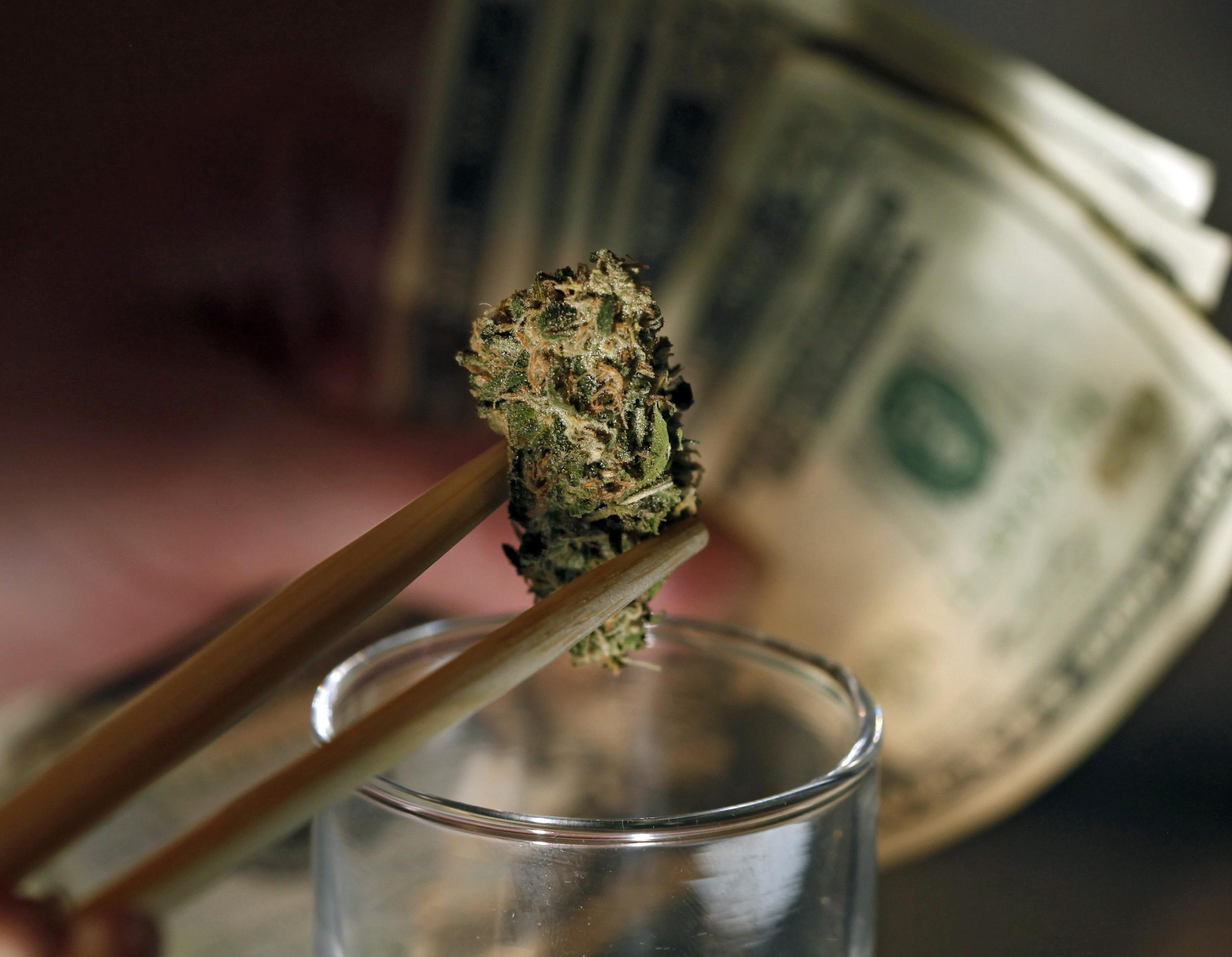Medical marijuana is often a cash retail business. Experts say it's because of a lack of access to banking for legal cannabis companies. Since marijuana is still federally illegal, all money generated by cannabis-related businesses is considered illegal funds -- even if that business operates in compliance with state law. And because the proceeds from producing or selling marijuana are illegal, the movement of those funds becomes money laundering.
Gordon Fellows is CEO and President of the Mississippi Bankers Association. He says there are all sorts of risks banks will have to consider for any business -- directly or indirectly -- related to someone who grows or sells marijuana.
"It will be very complicating. Our message to small businesses around the state is don't be surprised if your bank starts asking you questions you would not otherwise expect them to ask you. Or, if you lose access to banking services for a little while," said Fellows.
"We're going to have to work through, as an industry, how banks provide services to businesses under this state law that conflicts with federal law."
Jamie Grantham, with Medical Marijuana 2020, says the cash and banking issue has been overcome in other states. Her message to business owners is to deal with state-chartered banks.
"Those federal large banks, you've got Bank of America, you've got Chase, you've got others... They will not have success with those," said Grantham.
"But at the state-level, business owners can look to find a state-chartered local bank to work with them and that's what medical marijuana business owners in other states have done and had success with."
Tuesday, voters in Mississippi overwhelmingly approved Initiative 65 to legalize medical marijuana. The program could start as soon as next summer.




